Besê Hozat spoke about the situation of Öcalan and the 14th July martyrs.
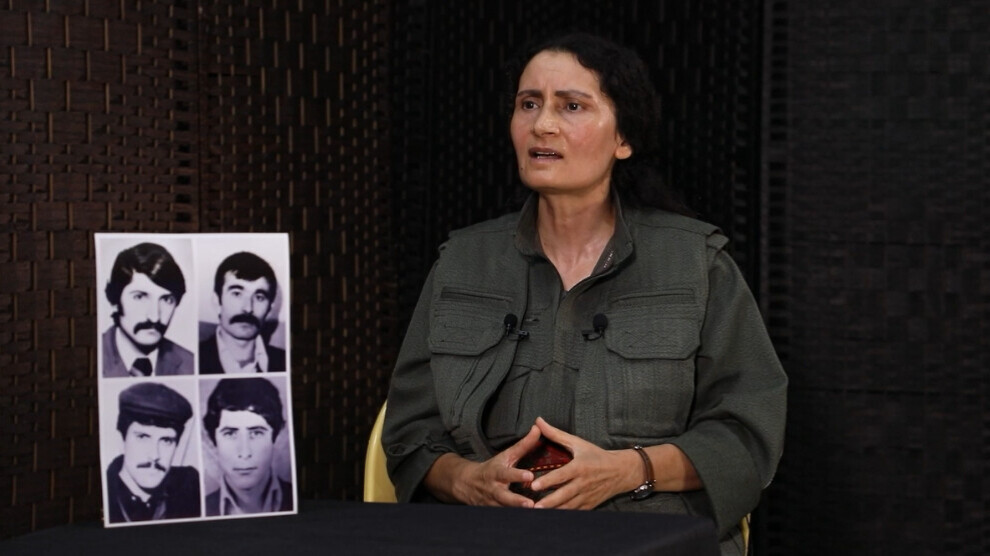
ANF
BEHDINAN
Saturday, 20 July 2024
KCK Executive Council co-chair Besê Hozat said in this interview that the Turkish state wanted concessions in exchange to an end of the isolation imposed on the Kurdish People's Leader and added: "We reject this attitude. Our Leader cannot be a bairganing chip."
I would like to start with the situation of Kurdish peoples leader Abdullah Öcalan, which determines the struggle of the Kurdish people and your freedom movement. In previous programs you have widely evaluated the global campaign for his physical freedom and the attitude of international institutions that ignore this struggle. Based on the recent developments, how do you evaluate the current level of the campaign and what are your goals for the next phase of the movement?
For 26 years, our leader, Rêber Apo [Abdullah Öcalan] has been developing a great resistance in the face of a genocidal system. There is a truly glorious peoples, guerrilla, and prison resistance developing around him. For 26 years, our leader has been held as a hostage in the hands of the Turkish state which is conducting a hostage policy. There is some information that has reached us in these last few days that we consider important to share with the public.
According to information from reliable sources, some authorized people from Erdogan’s administration said that under some conditions, they would let Rêber Apo see his brother and, afterwards, his lawyers. But in order for them to allow these visitations, they have conditions. In other words, they want us to make concessions.That is what they said. The source of this information is reliable, we know the groups and individuals who have disclosed this information. We also know the policy they these groups have been conducting with Erdogan for years. This is a very important situation, we wanted the public to know about it.
Indeed, a very despicable policy is being carried out against Rêber Apo. He once stated that he was a hostage in the hands of the Turkish state. We have always pointed out that such approaches have existed for years. We have always said that the Turkish state is conducting a policy based on blackmail and bargaining in regards to the situation of our leader. Now this is an example that confirms this once again. Rêber Apo is being treated as a bargaining chip. This is extremely despicable, extremely ugly, and dirty; they really know no moral or legal boundaries.
Of course, we strongly reject and condemn such dirty and disgusting approaches and policies. Let us state this clearly. Under no circumstances can our leader be made a bargaining chip. We will never accept this. It is even written in the Turkish laws that the right of the leader to consult his lawyers and to see his family, as well as the right to communicate with the outside world, is the most natural, legitimate, and legal right. This is also written in international law. Turkey has signed these international laws and conventions. To take the most natural, legitimate, and legal right of our leader and make it a subject of bargaining, is despicable.
The rights –legal, human, natural, and legitimate rights– of our leader cannot be made the subject of bargaining. This point must be clear, since it is very crucial. There are many writers, illustrators, and politicians in Turkey who pass themselves off as intellectuals, who supposedly defend the rule of law, who fight for secularism and democracy, who identify themselves as Kemalists, leftists, or socialists, and who defend the values of the republic. They consider law, justice, and democracy as fundamental human rights and a fundamental right for the society in Turkey. So what do they say regarding the ongoing situation in Imrali? Now in Imrali, Turkish law and international law are being trampled on. The law is being violated. For 26 years, there has been a system of torture and isolation in Imrali. For the last four years, there has been a systematic practice of solitary confinement and absolute isolation. And now this practice has spread all over Turkey. There is a terrible system of isolation and torture in all prisons now. People who have conducted their prison sentences are not being released. People, sick people, seriously ill people are dying in prison. People aged 70, 80, 85 are arrested and put in prisons. Tiny babies are growing up in prisons. This lawlessness developed in Imrali and has now spread throughout Turkey. This is being practiced on Kurdish politicians and revolutionaries in a multiplied way. What do these writers and intellectuals in Turkey who define themselves as left-wing democrats, defenders of the law, defenders of justice say about this? If they say nothing, what do they have to do with being intellectuals or writers?
Anyone who tramples on the law in such a way, anyone who doesn’t say a word, who doesn’t utter a sentence about the lawlessness in Imrali, about these disgusting negotiations, and about this dirty politics being carried out through Imrali, cannot be called an intellectual. Someone like this cannot be called a politician of the people, cannot be called opposition, cannot be called a defender of democracy, justice, and humanity. Imrali is a litmus paper, a measure of how much of an intellectual, leftist, democrat, socialist, and defender of justice and law one is. A person reveals their true face in their approach to Imrali and in their approach to these disgusting policies, injustices, and unlawfulness practiced against our leader. This is the determining factor.
The criteria of law, justice, and democracy advocacy are the approaches developed against the torture and isolation system imposed on Rêber Apo in Imrali. Of course, it also reveals how important this global freedom campaign is and how necessary it is in a very striking way. All this is actually a result of the pressure built up through the campaign. It is the freedom campaign that has brought the fascist regime to such a point. The regime is having much difficulty in the face of the struggle. It is in a deadlock, unsure of what to do. Especially the lawyers are carrying out a very significant and valuable work and struggle. The situation in Rêber Apo and the isolation and torture system in Imrali have been put on the agenda of the United Nations (UN). It is also on the agenda of the Committee of Ministers of the Council of Europe (CoE). The European Court of Human Rights (ECHR) will also convene in September to evaluate this situation. The ECHR said years ago that what has been going on in Imrali is torture and a violation of rights. Despite knowing this, these institutions have just been observing for years. In other words, they have been watching these unlawful acts, this massacre, and these genocide policies without showing any effort to act. In fact, not only are they just watching; they are also a partner to these policies. Now, the struggle through the global freedom campaign has built up so much pressure that these institutions have had to put this situation on the agenda. This is a very important result, and the struggle must be continued in this way. Because in the person of Rêber Apo, all human values are under heavy attack. There is a terrible attack on freedom, democracy, justice, law, and all human values. In that respect, one must not tolerate this in any way. It is necessary to struggle until the end, and we will definitely achieve great results.
The people’s struggle has also created a certain sensitivity and a certain form of assumption of responsibility; we need to continue to raise this without interruption. We always point out that the situation of Rêber Apo and the Kurdish question are intertwined. Rêber Apo is the leader of the Kurdish people. He is the interlocutor for the democratic solution of the Kurdish question. Therefore, the approach to Rêber Apo is the approach to the Kurdish people, is the approach to the Kurdish question. Any positive development regarding the situation of Rêber Apo is also a development in the solution of the Kurdish question. The fate of the solution of the Kurdish question and the fate of Rêber Apo are tied to each other. There can only be a democratic solution. We need to carry out the struggle everywhere with integrity. The physical freedom of Rêber Apo must be at the center of the struggle everywhere. Against these genocide policies, of which Imrali is the center, we need to carry out and continue our struggle very strongly. Everywhere people must struggle against these genocidal policies, against this war of genocide, and instead for the physical freedom of Rêber Apo. As long as we continue this strongly and uninterruptedly, we will definitely yield great results.
We are in the month of July. July 14th marks the 42nd anniversary of the great action you refer to as the ‘Great Resistance’ and ‘National Day of Honor’. As the PKK, you have declared that you have always grown based on the spirit of July 14th. How is the July 14th spirit of resistance reflected in your struggle today?
Of course, first of all, I commemorate the martyrs of the great death fast, comrade Kemal Pir, Mehmet Hayri Durmus, Akif Yilmaz and Ali Cicek, and all the martyrs of the July 14 resistance with all due respect, love and gratitude. These comrades put forward a historic resistance against the fascist darkness of September 12. They showed everyone that fascism can be defeated through resistance in even the most difficult conditions, even in the darkest periods of fascism. With their resistance, they proved to everyone, friend and foe alike, that all difficulties, all oppression, and all persecution can be overcome and defeated through resistance, and that free life can only be achieved through resistance. In this sense, they created a tradition, a line, and a spirit of resistance. For 42 years, the Kurdish people have been struggling and resisting according to this line of resistance. And it has created a very strong legacy of values and achievements. Again in this spirit, the guerrilla of Kurdistan, the freedom guerrilla, has been fighting for years, waging a self-defense war. Today, this war continues with the same spirit in the regions of Zap and Metina, in the provinces of northern Kurdistan, and everywhere throughout all of Kurdistan. In Rojava, a great struggle has been waged for years with this spirit. The revolution of Rojava, which today affects the whole world and is a source of inspiration and hope for all of humanity, emerged out of the struggle carried out within this spirit. Therefore, the struggle along this line and in the spirit of July 14th has brought about great gains in Kurdistan. It created the identity of the free Kurd. It brought with it the paradigm of the Democratic Nation and the system of Democratic Confederalism. Rêber Apo led this struggle with great devotion to the martyrs of July 14th, and this struggle has brought about great developments in the line of their resistance.
Today, the Kurdish freedom movement is leading the revolutionary process in the Middle East becoming a key actor. Today, under the leadership of the Kurdish freedom movement, the Kurdish people are waging a great struggle for democracy and freedom. It is leading the peoples of the Middle East and is playing a great transformative role in liberation and democratization. These are very great achievements. And all these gains have emerged with the spirit of the July 14 understanding of struggle and resistance.
These are very valuable. This struggle continues to develop, grow, and become a united struggle, fighting fiercely against betrayal and surrender. The July 14th struggle against surrender and against betrayal is actually a great reaction to the collaborationist circles that act together with the colonialist, genocidal regime against the freedom of the Kurdish people today. Surrender and betrayal were condemned and almost buried in 1982 under the fascist September 12 coup.
Now, in the same line, in the same spirit, against this collaborative, treacherous, treacherous line, the entire Kurdish people must resist, struggle, take a strong stance. They must condemn betrayal and collaboration, and achieve freedom and victory. The July 14 resistance is proof of this. The July 14 resistance showed the world that submission will be defeated, betrayal will be defeated, oppression, fascism, and all kinds of oppression will be defeated. Now, the struggle that has been waged for 42 years in that line of struggle has revealed a very magnificent public stance and resistance. If our people develop this struggle and this resistance with the same spirit, emotion, consciousness, will, and organization against this oppressive, treacherous, and collaborative line and against the genocidal, colonialist, and fascist regime, this fascism will surely be defeated. The collaborationist, treacherous line will be buried in history along with this fascism.

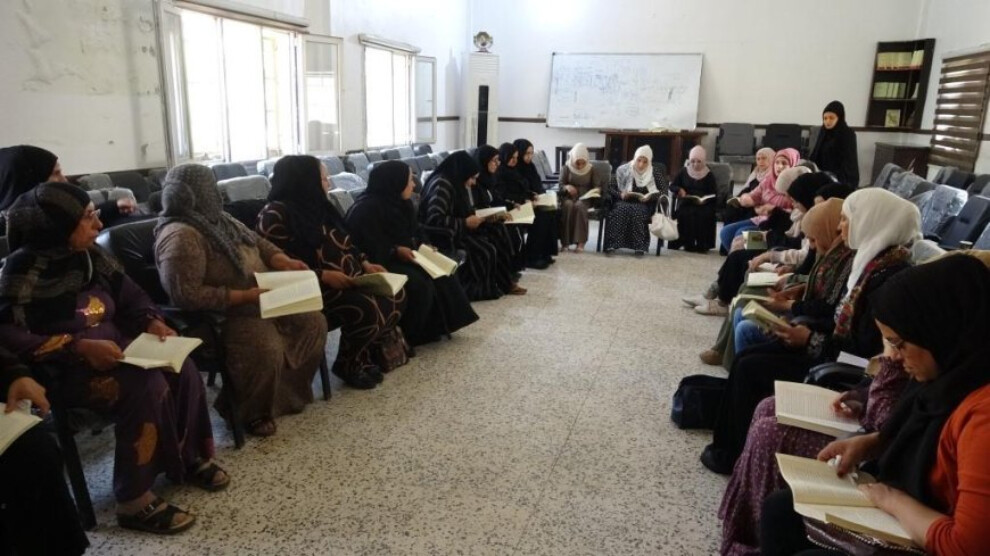
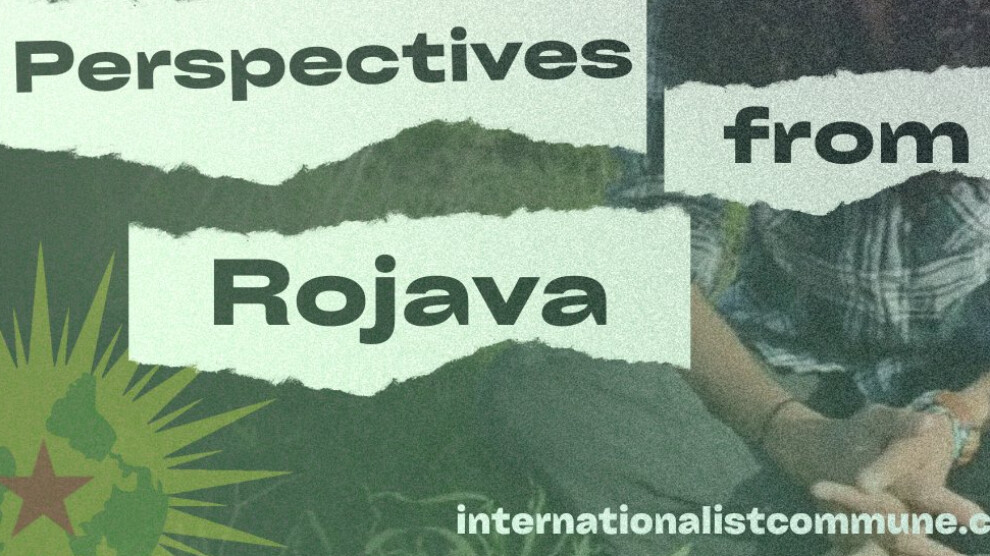
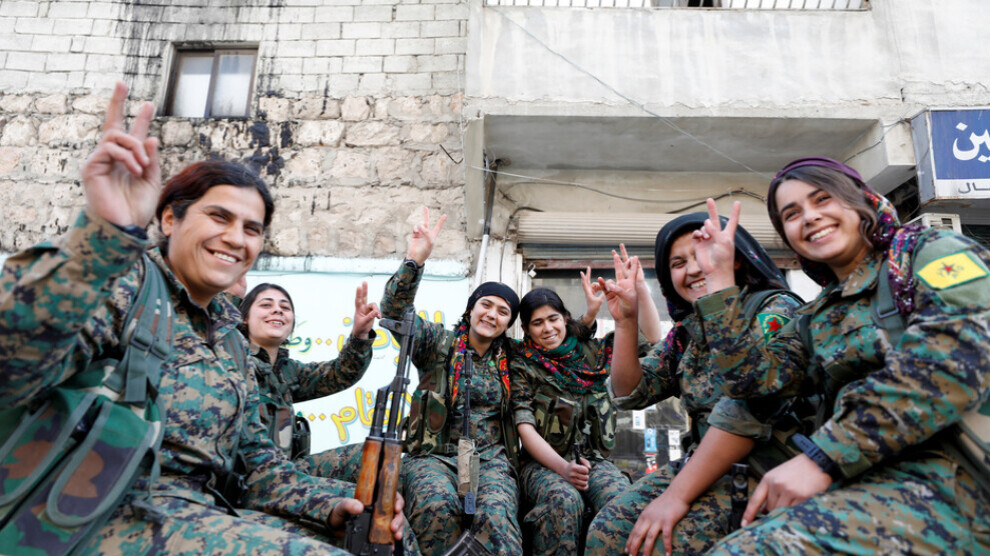


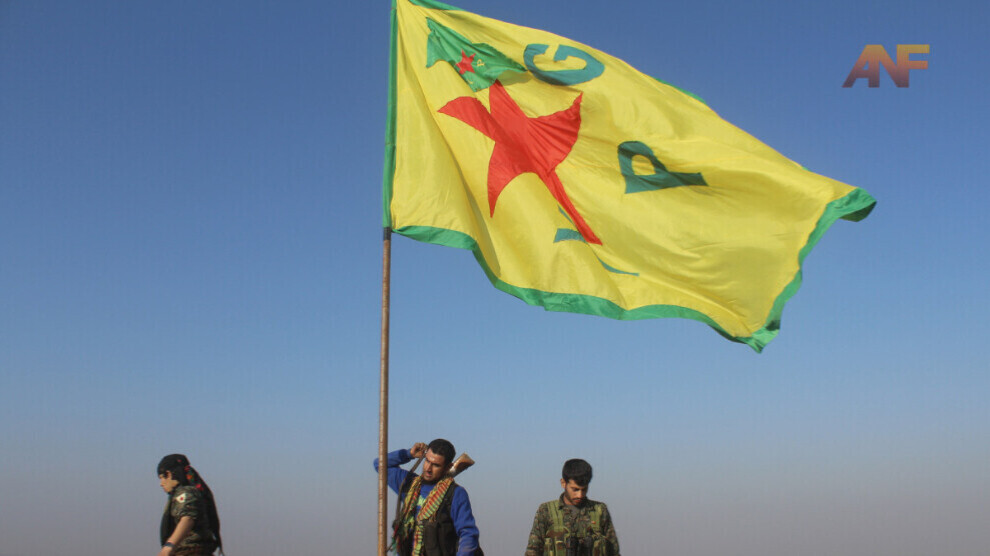
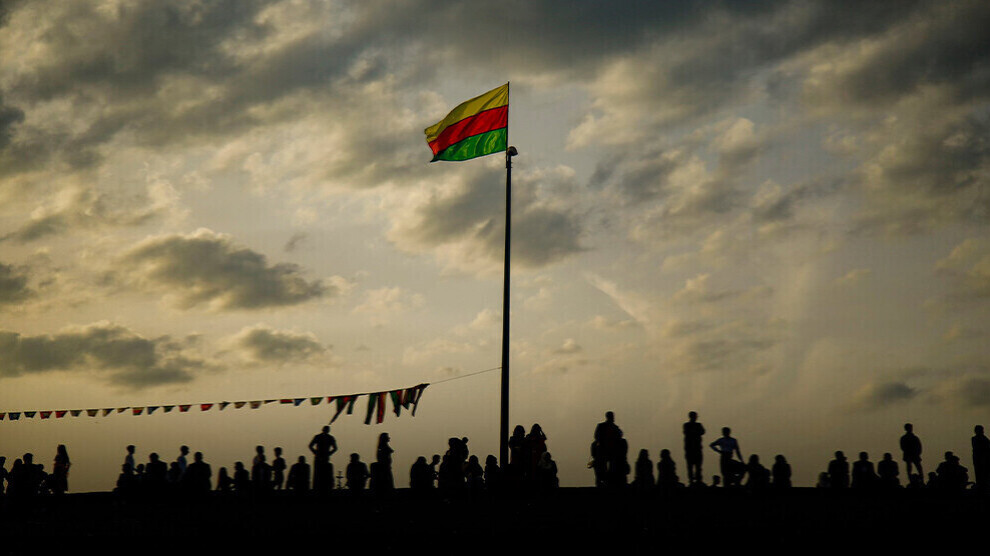
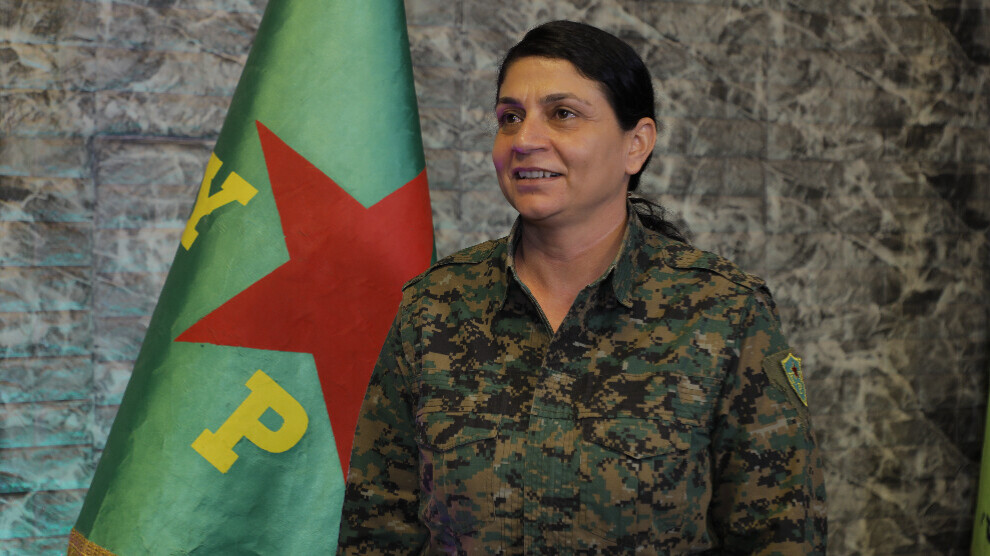
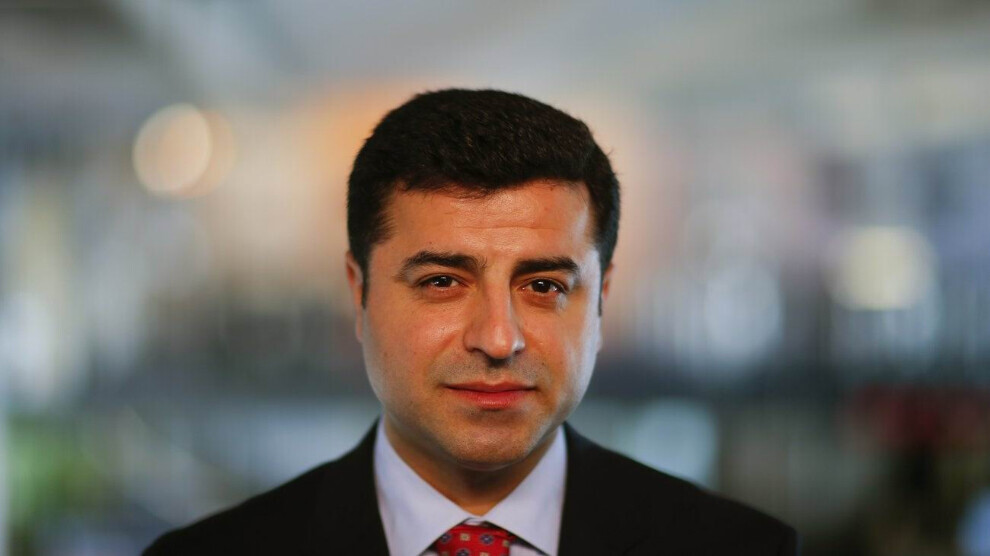
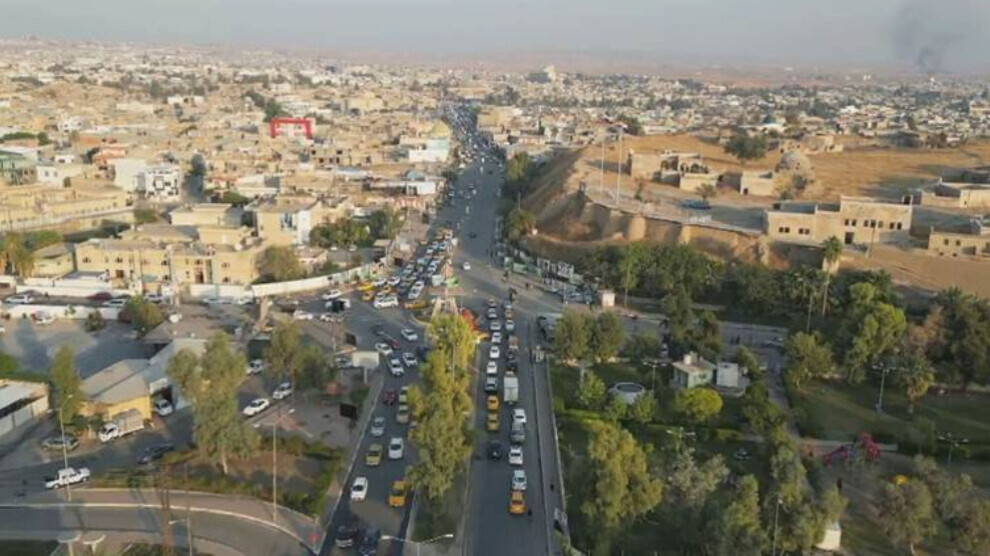
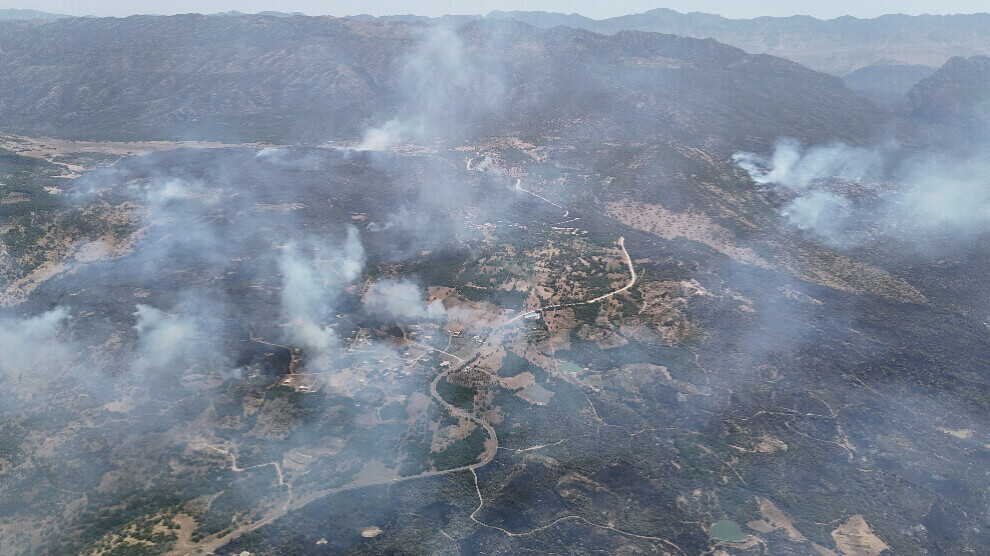
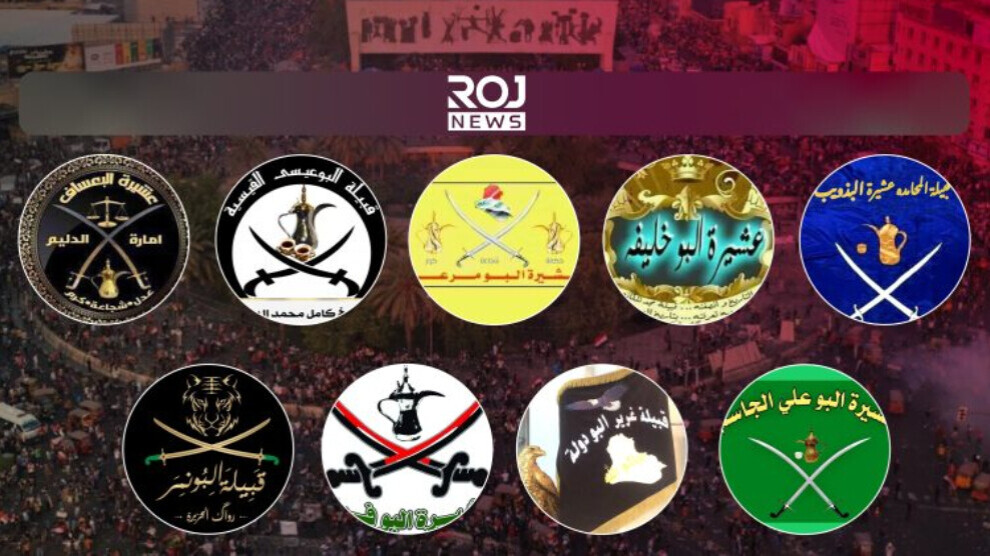


)